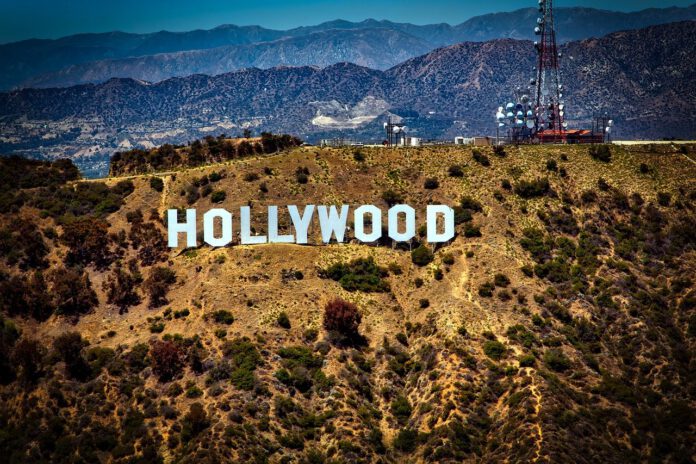
“Soft power” is a useful concept whose invention is attributed to Joseph Nye in the 1980s. “Hard power” is easy enough to understand: it’s the USS Missouri in Tokyo Bay or Marshal Zhukov in Berlin. But soft power is more subtle: in Nye’s words: “many values like democracy, human rights, and individual opportunities are deeply seductive.” There are two commonly used ranking lists: Portland – Soft Power 30 – and Brand – Global Soft Power Index. Portland’s top ten in 2019 were France, UK, Germany, Sweden, USA, Switzerland, Canada, Japan, Australia and Netherlands. Brand’s in 2020 were USA, Germany, UK, Japan, China, France, Canada, Switzerland, Sweden and Russia. The first rating is very Eurocentric, the other includes Russia and China. Another difference is the position of the United States, but that doesn’t really make much difference to the point of my essay which is about soft power then, now and in the near future.
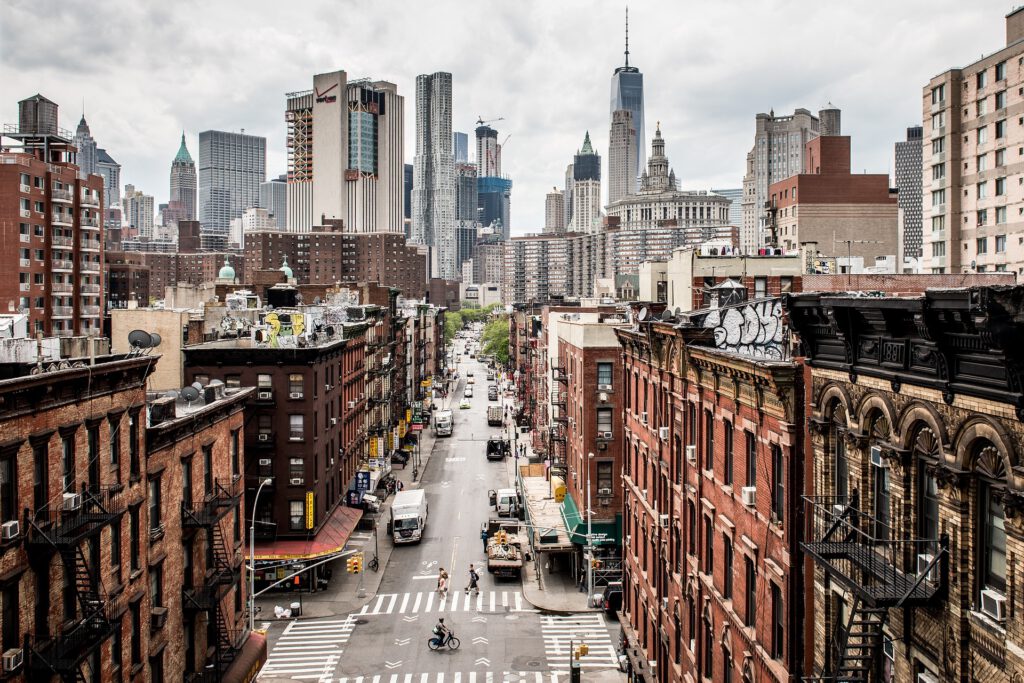
The Second World War brought the true flowering of the USA’s soft power; from the cargo cults of Melanesia to the cargo cults of Europe, GIs brought the dream to everyone. The USA won the war in a way that no other power did – it emerged immensely stronger and richer into a world in which its natural competitors had been impoverished. At Bretton Woods and San Francisco it shaped the new world to a degree that no other power could. And, understandably, it shaped it to its own benefit, quite convinced that it had every right to do so as the victor and exemplar of the better future. Only the USSR and its sphere grumpily disagreed.
These were the glory times of American soft power. I often think of the movie Roman Holiday in which the American reporter is civilised, polite, doesn’t take advantage of her but gives her confined life a moment of fun and freedom. The best kind of propaganda. (And, interestingly, one of the screenwriters had been blacklisted. Which gives another layer to this intensely pro-American movie, doesn’t it?)
To a friend who grew up in England before and during the Second World War, everything about the USA was exciting. That was soft power in action: bright new future. I would argue that American soft power stood on four pillars: the attractiveness and excitement of its popular culture, its reputation for efficiency, rule of law and the “American Dream”. Every American could expect that his children would be better off – better off in every respect: healthier, longer-lived, better educated, happier, richer – than he was. Some of this was image and propaganda but enough of it was true to make people believe. The wrappings of freedom, wealth and excitement made the package almost irresistible.
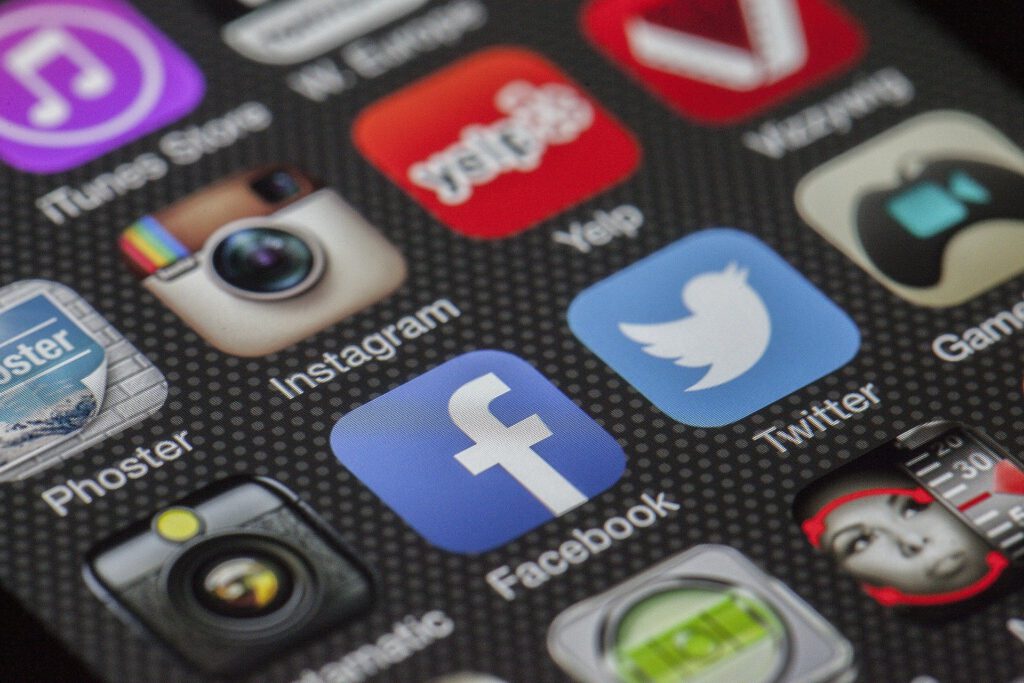
The USA owed a great deal of its pre-eminence to sheer luck. Sitting on immense natural resources far from enemies, almost all of its wars were wars of choice and usually wars against greatly inferior forces. But, as Stephen Walt argues, its long run of luck may be ending. “The result was a brief unipolar moment when the United States faced no serious rivals and both politicians and pundits convinced themselves that America had found the magic formula for success in an increasingly globalized world”. Walt is also dispirited about the American reputation for competence which he believes to have been severely damaged by COVID-19. One man’s opinion, to be sure, but he’s not alone. COVID-19 has greatly injured the USA’s and the West’s reputation for efficiency: no better illustration can be given than comparing the confident expectation of October 2019 that the USA and the UK could best handle a pandemic with what actually happened. A big blow to the soft power assumption that the USA and the West were the places where things functioned properly.
One of the biggest casualties has been the promise of the “American Dream”. One graph alone blows this pillar to bits. Until about 1972 wages and productivity were linked – everybody was getting richer together. Since then, the curves have diverged: productivity keeps rising, wages are flat. That’s not what was supposed to happen: the rising tide was supposed to float all boats, not just a few super yachts. The richest one percent owned six times as much as the bottom fifty percent in 1989, now it’s 15 times as much. More significantly, the 50%-90% have seen their share drop seven and a half percentage points. No, your children won’t be better off than you are; and probably not healthier or longer-lived either.
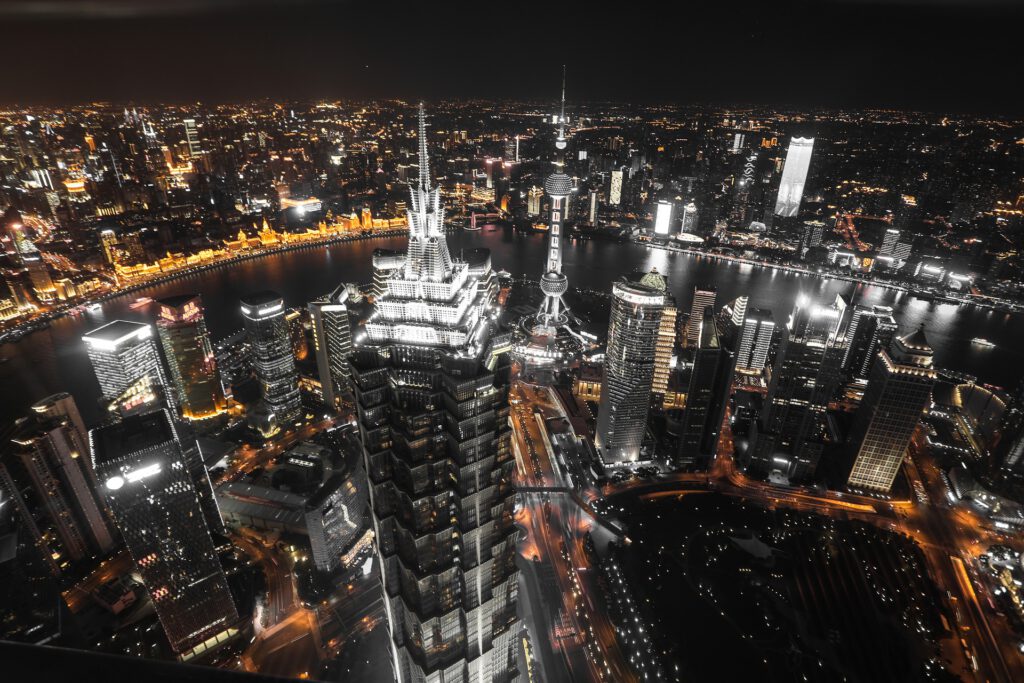
James DeLong discusses the erosion of another soft power pillar with his analysis of Amazon’s decision to deplatform Parler. His conclusion is:
a friend in the investment community likes to remind me that America has a big competitive advantage in the form of the rule of law, or “the insiders aren’t allowed to rob you blind!”. Amazon has decided to prove him wrong.
In the U.S., and the West in general, you are supposed to know where you are – you’re not subject to the ephemeral whims of a tyrant, as in less lawful regimes: transactions are grounded in law and transparent procedure. Perhaps DeLong is making too much out of something small here, but I don’t think he is. We’ve already seen the boasted principle of innocent until proven guilty disappear the moment Navalniy decides to accuse Putin of something; in the revenge of the present U.S. Administration we will see more arbitrary tyranny justified by exaggerated exigencies. If 6 January was a new Pearl Harbor, extraordinary reactions will be said to be justified. But this is becoming the Western norm: where exactly is the rule of law with Meng in Canada, Sacoulis and Assange in the UK, or Butina in the USA? Will more lawfare against Trump strengthen the image of stability and rule of law?
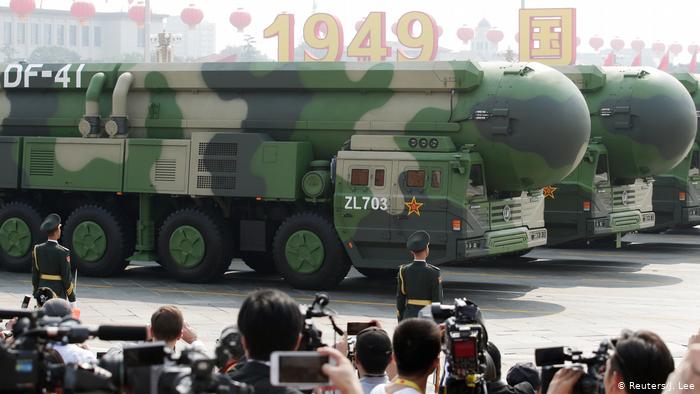
Neither will the 2020 U.S. election and its consequences advance the American reputation of democratic leadership. Some cheerleaders of “American leadership” like Richard N Haass are quite despondent:
Consider the image that Biden’s inauguration sent. Rather than using the COVID excuse to plan a modest ceremony, the full panoply was undertaken. But with no supporters and with soldiers everywhere: note the motorcade pompously passing only people paid to or ordered to attend. It looked like the enthronement of a dictator after a coup. Especially now that the opposition is being censored (deplatformed, as they call it); re-labelled as “domestic terrorists“, possibly under the direction of the arch-enemy Putin; “extremists” must be removed from the U.S. military; the Enemy is already inside Congress. Fence-in the Capitol. The soft power claim of the USA to be the citadel of freedom has taken a hit and will take more.
American movies were one of the vehicles of soft power. Consider, for example, 1939’s Mr Smith Goes to Washington in which a straightforward American, James Stewart, successfully overcomes a corrupt Washington with decency and determination. Many Americans, especially Senators, didn’t get it and railed against the movie – but Spain, Italy, Germany and the USSR understood that it was a powerfully pro-American movie and banned it. Its message was that, even corrupt, the USA is better. Frank Capra made a number of movies about ordinary Americans prevailing with their Everyman decency. A very important part of soft power broadcasting decency and freedom against a background of, to much of the rest of the world, an inconceivable prosperity enjoyed by the ordinary citizen. But in today’s Hollywood’s movies there are no more decent Americans showing the way, just comic book automatons blowing each other up. No message there and no soft power either. If, as this piece wonders, China is Hollywood’s future – it’s already the largest market – then why would you need Hollywood at all? There’s no American soft power in Godzilla vs Kong.
Popular culture, competence, justice and values and the dream of betterment may have been the pillars on which the USA’s soft power was based, but the ground upon which those stood was success. Success made the others attractive; success is the most powerful attraction. The West is losing its aura of success – endless wars, divisive politics, COVID failure, financial crises, debt. And ever more desperate attempts to hold power against ever bolder dissent. It’s just beginning. And not just the USA, the West doesn’t present well any more: protests in Amsterdam, London, Berlin; a year of gillets jaunes in France. The world is watching. Not efficient, not attractive, not law-based. Not successful.
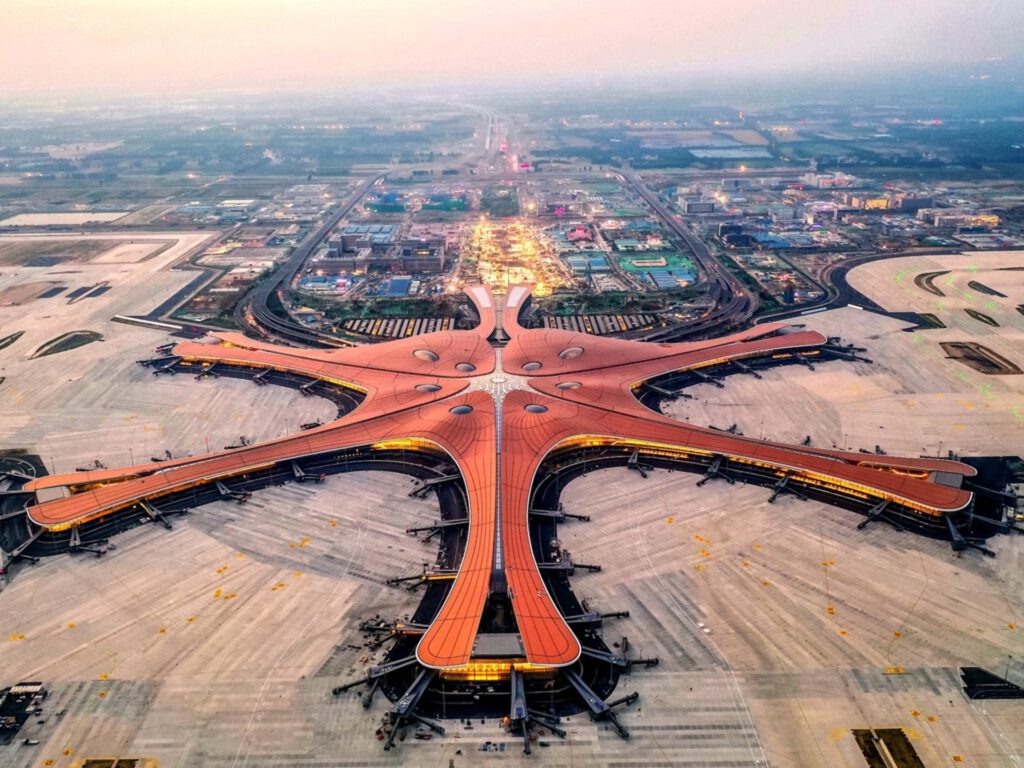
As for success, I recommend this enumeration of China’s achievements. One after another of first or second in numerous categories. And it’s all happened in the last two or three decades. What will we see in the next two or three? That is success. That is what used to happen in the USA. But it doesn’t any more. According to numbers provided by the World Bank, the levels of extreme poverty declined significantly in the world (2000-2017), quite dramatically in China (2010-2016), significantly in Russia (2000-2010) but actually increased in the USA from 2000-2016. “Deaths of despair” are not success. Soft power will inevitable follow as other countries – probably not the West, it’s true – try to imitate China’s stunning success. To a large extent, the West is living on its capital while China is increasing its.
In retrospect, the recent Davos Forum may turn out to be an inflection moment: Putin’s speech was a blunt statement that what he foresaw at Munich in 2007 has come to pass – the patent failure of the “Washington Consensus” and unilateralism. Xi Jinping echoed it. Even Merkel promised neutrality between China and the USA.
Soft power is packing up and getting ready to move house: success attracts, failure repels.
Patrick Armstrong was an analyst in the Canadian Department of National Defence specialising in the USSR/Russia from 1984 and a Counsellor in the Canadian Embassy in Moscow in 1993-1996. He retired in 2008 and has been writing on Russia and related subjects on the Net ever since.
(Quelle: The West Is Losing Its Soft Power — Strategic Culture – strategic-culture.org )



